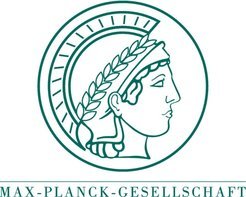Graduate school IMPRS-UFAST in Hamburg extended by 6 years
The Universität Hamburg, DESY, European XFEL and the Max Planck Institute for the Structure and Dynamics of Matter are looking forward to the continuation of their successful cooperation in training of doctoral candidates in the field of “ultrafast science”

Since its establishment in 2011, the International Max Planck Research School for Ultrafast Imaging and Structural Dynamics (IMPRS-UFAST) has accepted more than 70 doctoral candidates; 19 junior scientists have successfully obtained their PhD so far. Following a very favorable evaluation, the IMPRS-UFAST has now been extended by the Max Planck Society for another six years until 2022.
The members of the IMPRS-UFAST investigate dynamical phenomena in matter on the elementary timescales of atomic and electronic motions, namely the femtosecond or attosecond timescales. The focus is on the use of short wavelength ultrafast probes, such as X-rays or electron pulses, which are capable of measuring atomic and electronic structures in matter of all kinds.
The structured post-graduate program extends for a period of three years and finishes with the PhD defense. The program targets graduates in physics, chemistry, biology and related disciplines. Excellent Master students may apply for one of the coveted PhD positions until the beginning of January. The best applicants will be invited for a candidate workshop and – if accepted – may start their doctoral studies in fall 2017.

The International Max Planck Research Schools (IMPRS) are an integral part of the Max Planck Society’s efforts to promote PhD students. Talented junior scientists are offered the opportunity to earn a doctorate under excellent conditions. Currently, there are a total of 60 IMPRS, 26 of them in the Chemistry, Physics and Technology Section, 23 in the Biology and Medicine Section, and 11 in the Social Sciences and Humanities Section.
The IMPRS-UFAST is a joint venture of the Universität Hamburg, the Deutsches Elektronen-Synchrotron (DESY), and the European XFEL GmbH with the Max Planck Institute for the Structure and Dynamics of Matter (MPSD).

